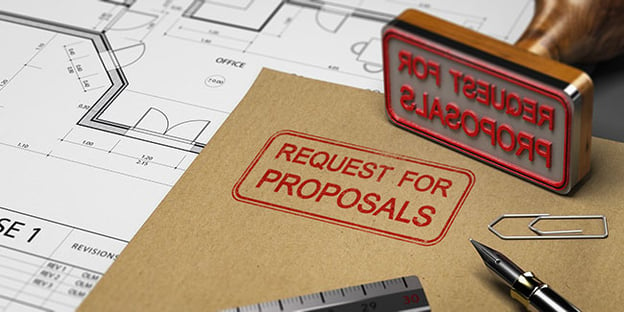Members of the board of directors of a homeowners association are crucial to the organization's success. These obligations include everything from developing an annual budget to enacting and enforcing property owner rules.
The board members are chosen by the property owners and may have no prior expertise with annual budgeting, maintenance responsibilities, or successful communication with residents. As a result, overseeing board training can appear to be a challenge at times.
The community management organization is in charge of teaching new members. The questions and answers in the following paragraphs illustrate why board training is an important element of the onboarding process for new members.
New board members who serve on a board that is not managed by a professional community management organization are responsible for attending training seminars to prepare for their responsibilities.
Q#1: How Does the Board Communicate Information to HOA Owners?
After the property sale, the HOA board has numerous opportunities to connect with homeowners. Owners must be notified regarding rule changes, fee increases, and special assessments by the board. Board meetings are open to all homeowners. Therefore, timely notices concerning board meetings are critical. The homeowners' monthly board meetings provide an opportunity for them to express their concerns and disagreements with the board members. Throughout the year, there are additional maintenance operations, such as safety notices to residents and reminders to clear parking places for repair equipment. To keep communication channels open between board members and HOA homeowners, board members must be trained to set up and follow effective communication channels.
Q#2: What Are Board Members' Legal Duties?
Board members owe a fiduciary duty to the HOA homeowners they serve. The term "fiduciary obligation" refers to board members' responsibility to carry out their responsibilities competently and in the best interests of the homeowners, rather than their own. A breach of fiduciary responsibility in an HOA community is typically evident when a board action costs the HOA money. As a result of the loss, the homeowners may pursue a breach of fiduciary responsibility action to remove the offending board members from their positions on the board. Personal lawsuits could be filed against the board members accused of the fiduciary violation.
A board member's job necessitates a grasp of the legal context in which they operate. Many states and local governments have laws that expressly apply to homeowners' associations. Members of the board must also be familiar with the fundamentals of federal legislation, such as the Fair Housing Act, the Americans with Disabilities Act, and other federal statutes.
Ensuring that new board members receive adequate training will help new board members and the entire Board avoid poor decisions that result in legal liability.
Q#3: How Do Board Members Avoid Conflicts of Interest?
The fiduciary duty to take action in the best interest of HOA homeowners means that board members must avoid potential conflicts of interest. Board members are HOA homeowners, too, so some conflicts lurk around every turn. For example, board members may have other family members among the HOA homeowners, or some board members may connect to vendor service providers to the HOA. The preferred method to avoid the conflict is for the conflicted board member to remove him or herself from the decision that affects his interest. Yet, new board members may not understand this imperative or how to do it appropriately. A good training course will include ethics sessions which teach board members how to avoid conflicts
Q#4: Who Helps Board Members Make Informed Choices?
Most HOAs do not require board members to have a specific educational level or specialized licenses. So, naturally, there often arise questions for the governing board that require guidance from professionals. Even with the most common issues, however, new board members may not understand the process they have to go through to make an effective decision. Training classes can help them understand and feel comfortable with their decision-making responsibilities.
Q#5: Do Board Members Need an Accounting Background?
No, the majority of board members are volunteers who do not have a specific understanding of an area or work in a licensed occupation related to business problems. Most HOA boards have accounting professionals on staff to assist them in staying on top of accounting issues.
However, it is one of the fiduciary responsibilities of the board members that they handle the HOA funds appropriately. Board members must:
- Manage the budget
- Pay for professional services
- Review financial reports
- Make decisions regarding HOA expenses
- Track and record spending
Board members make decisions about HOA dues, as well as collect and settle delinquent payments. Training is essential even for a board with a strong management structure and guidance from other professionals. New board members will learn the fundamentals of developing a budget, reading a financial report, and developing a collection policy. A well-functioning board requires extensive training.




